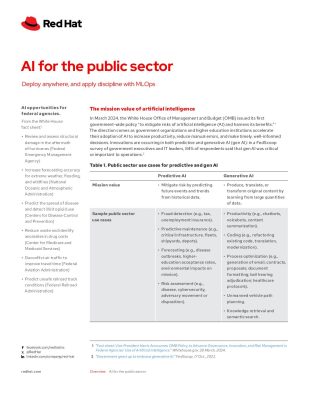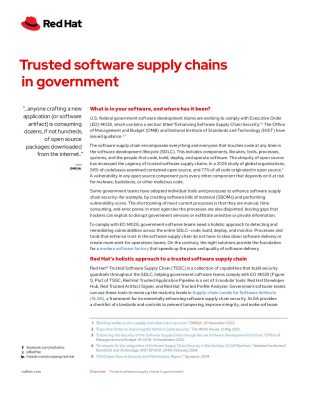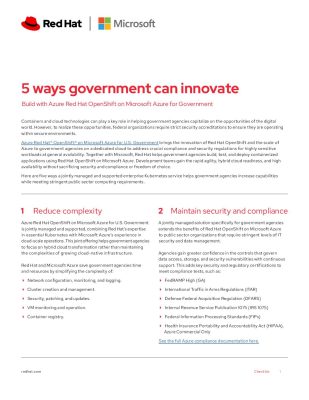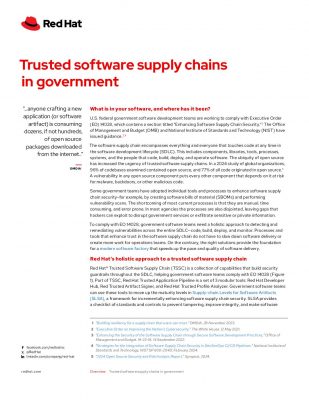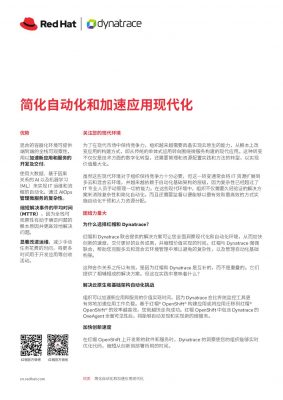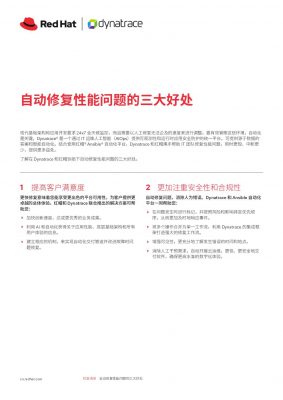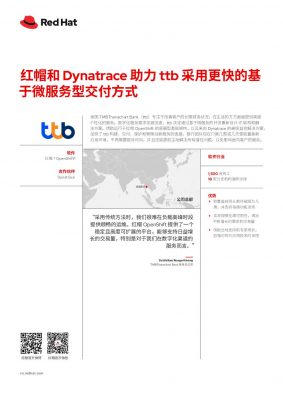Highlights:
- The company has created a platform named Restate, which is open-source and incorporates prepackaged features designed to recover from software failures.
- Restate is capable of handling technical issues that disrupt the data flow between various programs.
Recently, a startup offering technology that enables applications to recover from technical issues automatically, Restate, secured USD 7 million in a funding round.
The seed round was led by Redpoint Ventures and included participation from Essence VC, firstminute.capital, and several angel investors, including the founders of Datadog Inc. and Confluent Inc.
Enterprise applications can malfunction for various reasons. Some outages are due to hardware issues, such as network bottlenecks affecting data exchange between applications and other workloads. Software-related problems can also occur, such as a service’s database suddenly becoming inaccessible.
Application outages can disrupt a company’s business operations. To mitigate the effects of such disruptions, developers must ensure their software can automatically recover from technical issues. This is often a complex and time-consuming task, as software teams must address each potential malfunction individually.
Restate Co-founder and Chief Executive Officer Stephan Ewen wrote in a blog post, “When building applications, we have the most amazing building blocks at our disposal, like fast and scalable databases, simple APIs to access powerful tools like LLMs or messaging, and infrastructure to run them in distributed manner that survives crashes, failures, and outages of entire data centers. And yet, it is still surprisingly hard to build resilient applications, especially when correctness and reliability are paramount, because there are so many loosely coupled moving parts to deal with.”
Restate aims to simplify this process. The company has created an open-source platform, also named Restate, which offers prepackaged features for software failure recovery. Developers can integrate their applications with the platform through a straightforward process, allowing it to handle any future outages automatically.
Malfunctions frequently happen while an application is executing a computing task. To manage these situations, developers need to write code enabling the application to pause and later resume its work. Restate aims to streamline this process.
When a hardware or software issue disrupts a computing task, the affected application often needs to restart the task from the beginning, causing unnecessary delays for users. Restate claims its platform minimizes this by saving the completed parts of the computation before the outage. Once the application recovers, it can resume from where it left off.
Restate can also handle technical issues that disrupt data flow between programs. For instance, if a network outage prevents an e-commerce application from requesting product details from an inventory database, the platform can resend the request once the network is restored. Additionally, it can shut down inactive parts of an application to avoid unnecessary hardware usage.
Alongside the recent funding announcement, Restate released the first major version of its platform. This new version enhances ease of use with Java and Kotlin programming languages and provides developers with additional features to improve application reliability.
The company is launching Restate 1.0 alongside a new commercial offering called Restate Cloud, which provides the platform as a managed service. This eliminates the requirement for customers to set up the software or maintain the underlying infrastructure manually.
Restate intends to leverage the funds from its recently announced funding round to introduce further product enhancements. This includes adding support for additional programming languages and expanding the feature set of Restate Cloud. The company also plans to increase its workforce to expedite these development efforts.

